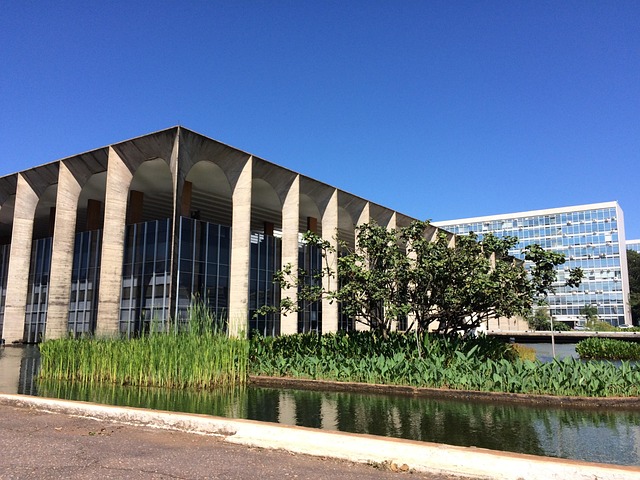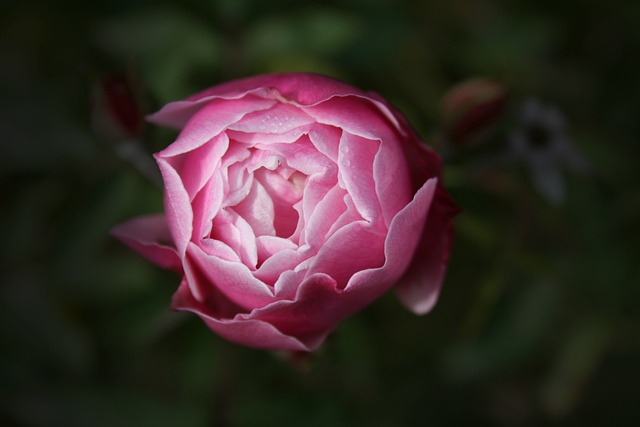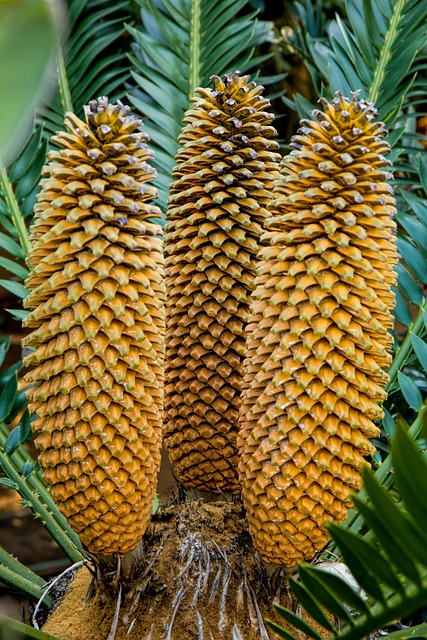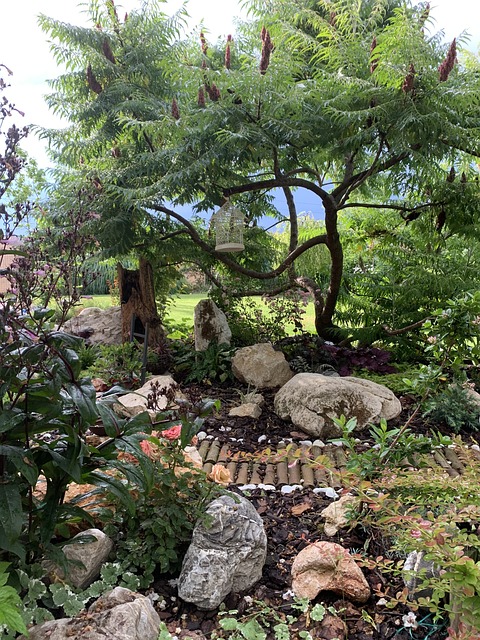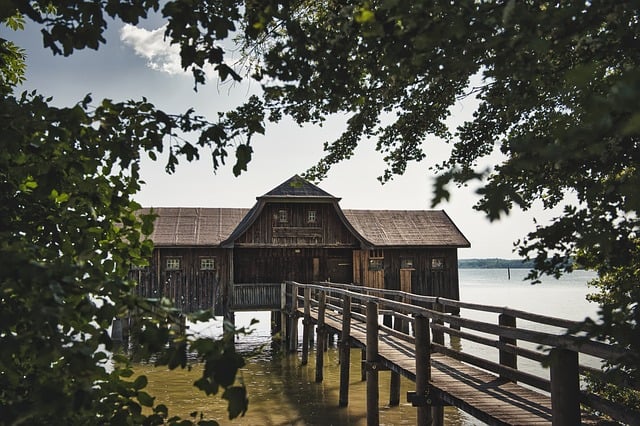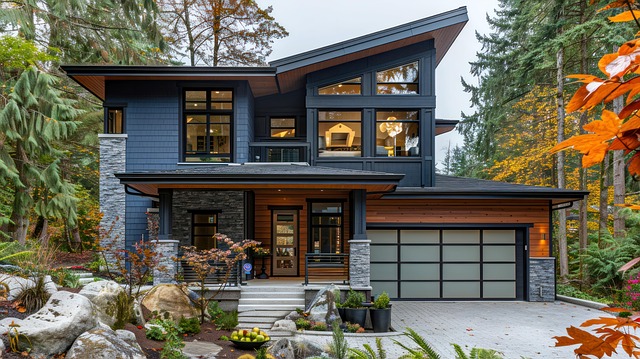Portland, OR, is a leader in eco-friendly landscape design, emphasizing native plants, efficient water management (like rain gardens), and sustainable materials. This approach creates low-maintenance, biodiverse gardens that preserve local ecosystems and minimize chemical use. Portland's mild climate allows for varied microclimates, ideal for lush, sustainable outdoor spaces that integrate harmoniously with the region's natural beauty. Eco-friendly landscaping in Portland not only enhances aesthetics but also supports the local environment.
“Explore the vibrant world of eco-friendly landscape designs in Portland, Oregon, where sustainability meets urban beauty. This article delves into the city’s thriving trends, highlighting how green spaces can be both aesthetically pleasing and environmentally responsible. From understanding local preferences to implementing water conservation, we uncover the benefits and key components of creating an eco-conscious outdoor haven. Discover popular plants and materials that thrive in Portland’s climate, and learn strategies to transform your yard into a sustainable oasis.”
- Understanding Portland OR's Eco-Friendly Landscape Design Trends
- Benefits of Choosing Sustainable Landscaping Practices
- Key Components of an Eco-Conscious Outdoor Space
- Popular Plants and Materials for a Green Portland Yard
- Implementing Water Conservation Strategies in Your Garden
Understanding Portland OR's Eco-Friendly Landscape Design Trends
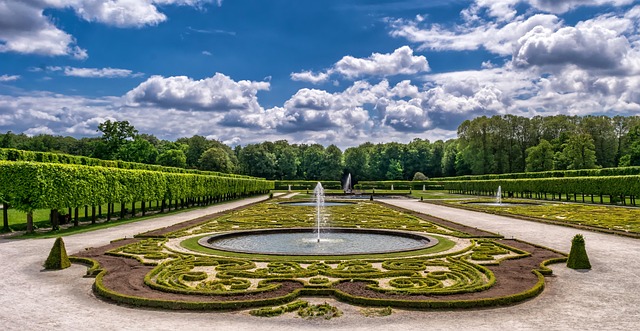
Portland, OR, has emerged as a hub for eco-conscious living, and this trend extends to its landscape design. The city’s residents and businesses are increasingly adopting sustainable practices in their outdoor spaces, driven by a desire to minimize environmental impact and promote biodiversity. In terms of Portland OR landscaping, this shift is evident through the integration of native plants, efficient water management systems, and innovative materials that reduce the need for chemical fertilizers and pesticides.
The city’s mild climate and diverse microclimates allow for a wide range of eco-friendly design options. Local landscape architects and designers are leveraging this to create vibrant, low-maintenance gardens that support local ecosystems. From rooftop gardens and green walls to rain gardens and permeable surfaces, these trends not only enhance the aesthetics of outdoor spaces but also contribute to Portland’s overall sustainability goals.
Benefits of Choosing Sustainable Landscaping Practices
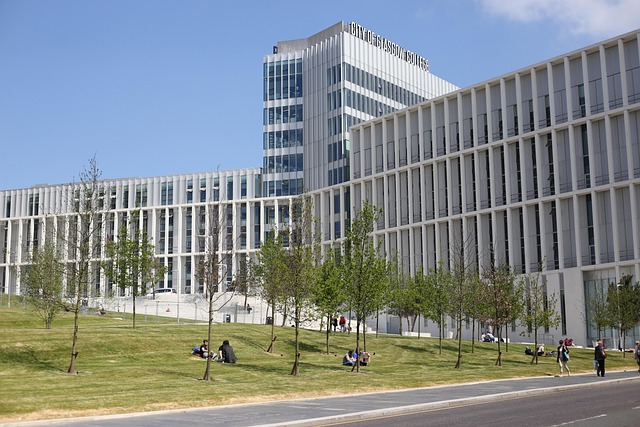
Choosing sustainable landscaping practices for your Portland, OR property offers a multitude of benefits that extend far beyond aesthetics. By adopting eco-friendly design principles, you contribute to the preservation of local ecosystems and biodiversity. These methods prioritize the use of native plants, which require less water, chemical fertilizers, and pesticides, thereby reducing pollution and conserving precious resources.
Moreover, sustainable landscaping enhances the overall health and resilience of your landscape. Native plants are adapted to the region’s climate and soil conditions, making them better equipped to withstand extreme weather events like droughts or floods. This reduces maintenance needs and costs over time while promoting a healthier, more vibrant outdoor space that supports local wildlife and contributes to the overall well-being of the community and environment in Portland, OR.
Key Components of an Eco-Conscious Outdoor Space
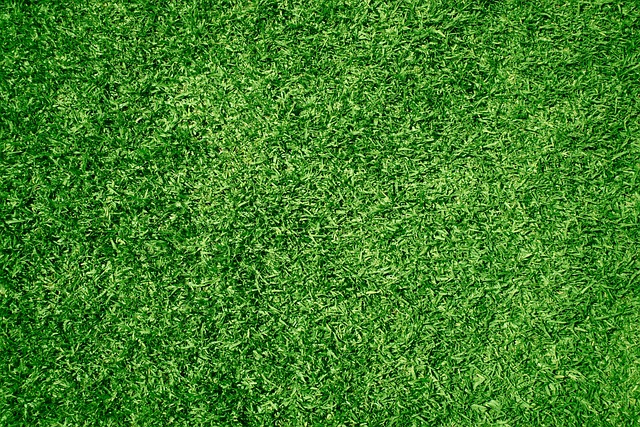
In crafting an eco-friendly landscape design in Portland, OR, several key components contribute to creating a harmonious outdoor space that respects and conserves the local environment. One primary aspect is the selection of native plants. Native species are adapted to the region’s climate and soil conditions, reducing the need for excessive watering and chemical fertilizers. They also provide essential habitats for local wildlife, fostering biodiversity.
Additionally, efficient water management is crucial. Implementing drip irrigation systems and rain gardens not only conserves water but also filters and absorbs rainwater, preventing stormwater runoff. Another important element is the use of sustainable materials in hardscaping, such as recycled or naturally weathered stones, wood from certified sources, and eco-friendly paving options. These choices minimize the environmental impact associated with traditional landscaping materials.
Popular Plants and Materials for a Green Portland Yard
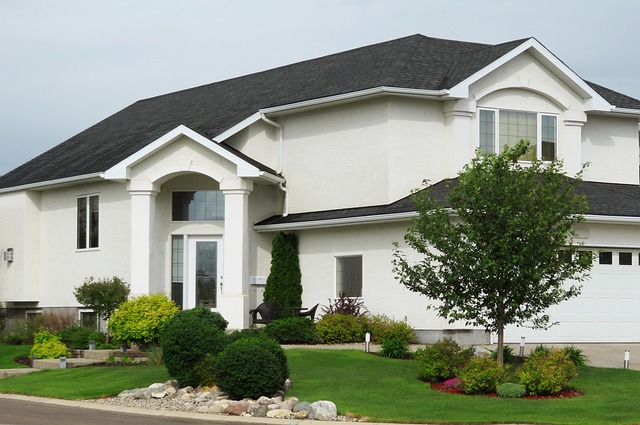
In Portland, Oregon, eco-friendly landscaping is more than just a trend; it’s a way of life, reflecting the city’s commitment to sustainability and its lush natural surroundings. When designing a green yard, local residents have a plethora of options when it comes to plants and materials. Native species like Oregon grape, salal, and swordfer are popular choices due to their adaptability and low maintenance requirements—perfect for Portland’s mild climate. These plants not only beautify the landscape but also provide habitat for local wildlife, contributing to a thriving ecosystem.
When selecting materials, Portland landscapers often opt for locally sourced, recycled, or biodegradable options. Pea gravel, for instance, is a versatile and aesthetically pleasing choice for paths and driveways, reducing the need for water-intensive lawns. Recycled wood chips can serve as a natural mulch, suppressing weeds and retaining soil moisture. These sustainable practices not only minimize environmental impact but also create a harmonious outdoor space that blends seamlessly with the beautiful natural scenery of Portland OR landscaping.
Implementing Water Conservation Strategies in Your Garden
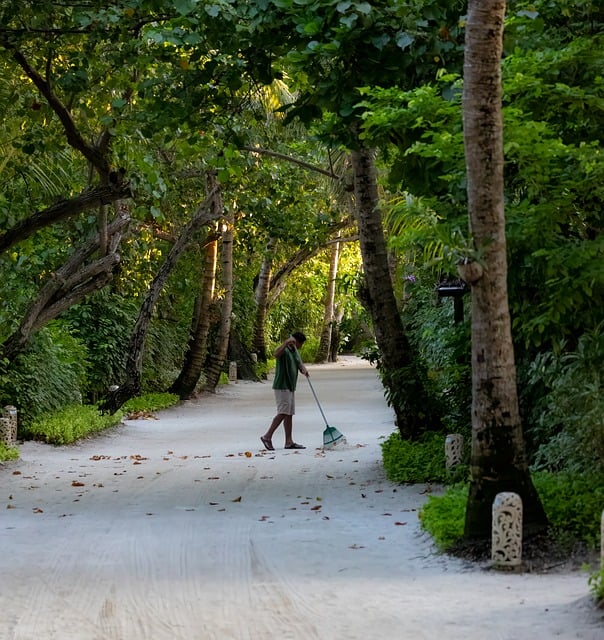
In the vibrant and bustling city of Portland, OR, landscaping that harmonizes with the local ecosystem is increasingly popular. Implementing water conservation strategies in your garden is a key aspect of eco-friendly design. This can be achieved through various means such as using native plant species that require less water, installing drip irrigation systems to directly nourish plants’ roots, and incorporating rain gardens to capture and absorb rainwater. These methods not only reduce the strain on Portland’s water resources but also create a more sustainable and visually appealing outdoor space.
Additionally, optimizing your garden for water efficiency involves thoughtful placement of vegetation to minimize evaporation and maximize moisture retention. Mulching around plants can help insulate the soil, reducing water loss through transpiration. By integrating these strategies into your Portland OR landscaping, you contribute to the local environment while enjoying a beautiful, low-maintenance garden that reflects the region’s unique character.
In Portland OR, the shift towards eco-friendly landscape designs is not just a trend but a conscious choice to harmonize nature and urban living. By adopting sustainable landscaping practices, residents can enjoy the aesthetic appeal of their outdoor spaces while contributing to environmental preservation. This article has explored various aspects of green landscaping, from understanding local trends to implementing water conservation strategies. Embracing these eco-conscious approaches ensures that Portland’s beautiful landscapes thrive for generations to come.

